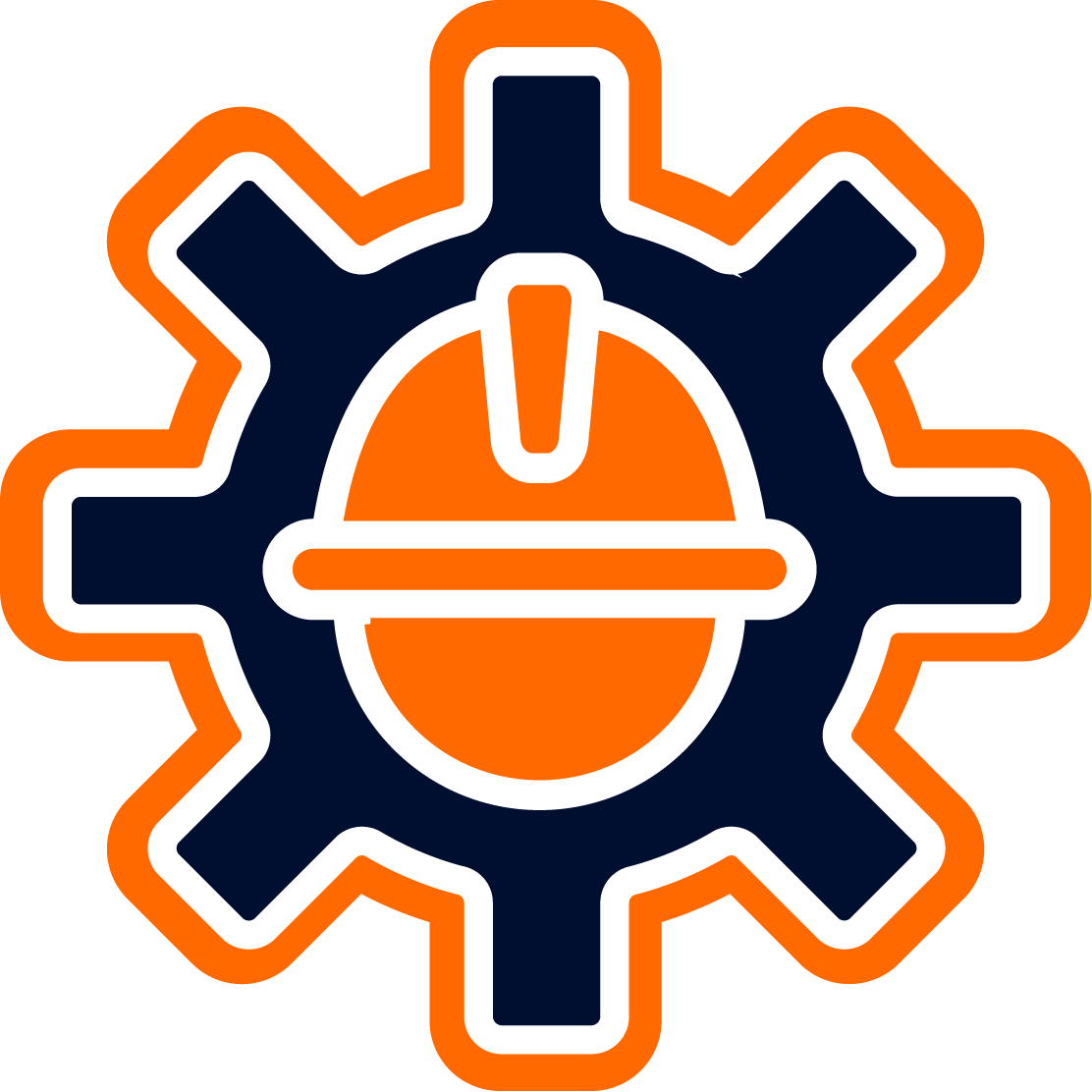
Advanced
Engineering Careers
What Will You Do with Your M.Eng. Degree?
Driving engineering careers with a UConn M.Eng., our graduate programs provide the advanced knowledge and skills sought after by employers across many sectors. Graduates are well-prepared for roles in areas such as product development, project management, research and development, technical consulting, and specialized engineering positions within industries ranging from manufacturing and technology to infrastructure and energy.
The M.Eng. curriculum emphasizes practical application, preparing individuals for leadership and impact in their fields. Below are common career paths that UConn M.Eng. graduates may find coordinate with their goals.
Engineers with a master’s degree generally earn 15-25% more than those with a bachelor’s degree, according to the Bureau of Labor Statistics (BLS).

Systems Engineer
Involving technical leadership in the development and deployment of intricate systems, Senior Systems Engineers often work in tech companies, aerospace and defense, manufacturing, or energy sectors. Responsibilities typically include requirements analysis, system architecture design, and overseeing integration processes. Strong analytical and problem-solving skills are essential.

Engineering Manager
Leading technical teams, Engineering Managers are pivotal in guiding the development and execution of engineering projects. They often work in technology firms, manufacturing, construction, or research institutions. Responsibilities typically involve team leadership, project planning and resource allocation, and ensuring quality and project timelines are met. Strong leadership, communication, and technical understanding are crucial.

Project Engineer
Driving successful completion of engineering initiatives, Project Engineers are instrumental in the planning, execution, and management of project lifecycles. They are often employed in construction, manufacturing, energy, or consulting firms. Responsibilities typically include defining project scope, managing budgets and schedules, stakeholder coordination, and ensuring adherence to specifications and quality standards. Strong organizational, problem-solving, and communication skills are important.

Product Development Engineer
At the front-end of the creation and improvement of engineered goods, Product Development Engineers are key in the conception, design, prototyping, and testing phases of new products. They frequently work in consumer electronics, manufacturing, automotive, or medical device companies. Responsibilities typically involve understanding market needs, developing specifications, collaborating with design and production teams, and ensuring product functionality and performance meet requirements. Strong creativity, technical aptitude, and understanding of the product lifecycle are important.

Process Improvement Engineer
Focused on the efficiency and effectiveness of operations, Process Improvement Engineers analyze, optimize, and redesign workflows and systems. They are often found in manufacturing, healthcare, logistics, and service industries. Typical responsibilities include identifying bottlenecks and inefficiencies, implementing lean methodologies or other improvement frameworks, utilizing data analysis to drive decisions, and collaborating with teams to implement changes that enhance productivity, reduce waste, and improve quality. Keen analytical and problem-solving skills, paired with a data-driven approach are important to this role.

Research and Development (R&D) Engineer
Driving innovation and exploring new possibilities, R&D Engineers conceive, investigate, and develop novel technologies, materials, and processes. They are often employed in high-tech industries, pharmaceuticals, energy, and advanced manufacturing. Responsibilities typically include conducting experiments, analyzing data, building prototypes, staying current with scientific and technological advancements, and documenting findings. Curiosity, an experimental mindset, and the ability to translate research into application are key for this role.

Technical Consultant
Technical Consultants provide guidance and advice to solve complex client challenges. Often working across various industries, including technology, energy, anad construction, the responsibilities of engineering consultants typically involve assessing client needs, diagnosing technical issues, recommending and implementing solutions, managing projects, and communicating with partners. Technical expertise in specific engineering disciplines, strong problem-solving abilities, and refined communication and interpersonal skills is essential for this role.

Innovation Engineer
Focused on generation and implementation of groundbreaking ideas, Innovation Engineers drive the creation of new products, services, and processes. Often working across various departments and sometimes externally with partners, their responsibilities often involve identifying opportunities for innovation, brainstorming and developing new concepts, prototyping and testing new ideas, and facilitating the implementation of solutions. A creative mindset, strong problem-solving skills, and the ability to promote new ideas are crucial for this role.

Manufacturing Engineer
Ensuring efficient and cost-effective production of goods, Manufacturing Engineers design, develop, and optimize manufacturing processes. They are found in manufacturing companies across many industries, including automotive, aerospace, consumer goods, and pharmaceuticals. Responsibilities involve designing and improving production systems, selecting and managing equipment, implementing quality control standards and procedures, analyzing production data to identify areas for improvement, and collaborating with teams to ensure efficient operations. A strong understanding of manufacturing methodologies, problem-solving skills, and attention to detail are pivotal.

Sustainability Engineer
Sustainability Engineers focus on reducing environmental impact and improving how we use resources. They develop and implement environmentally responsible strategies in many industries, such as energy, manufacturing, construction, and government. Their work often involves identification of environmental problems and creating sustainable solutions, starting programs to cut waste and save energy, making sure environmental rules are followed, and working within the organization to drive sustainable growth. Key skills for this role include a solid understanding of environmental science, strong analytical abilities, and a dedication to sustainability.

Engineering Management Career Outlook
Based on data from the U.S. Bureau of Labor Statistics, the career outlook for Engineering Management positions is positive. Job opportunities for architectural and engineering managers are expected to grow at a faster rate than the average for all occupations, with an expected increase of 6% from 2023 to 2033. This growth will be driven in part by the need to repair aging infrastructure, modernize the electrical grid, and develop new renewable energy projects. In May 2024, the median annual wage for architectural and engineering managers was $167,740.
How Much Can a Salary Increase After Earning a Master of Engineering?
| Occupation | Bachelor’s Degree | Master’s degree |
|---|---|---|
| Aerospace Engineers | $122,112 | $142,848 |
| Bioengineers and Biomedical Engineers | $104,192 | $120,064 |
| Chemical Engineers | $108,416 | $127,744 |
| Computer Hardware Engineers | $146,304 | $171,776 |
| Electrical and Electronics Engineers | $116,608 | $141,184 |
| Industrial Engineers, Including Health and Safety | $105,344 | $149,248 |
| Materials Engineers | $100,224 | $120,064 |
| Mechanical Engineers | $112,512 | $137,984 |
| Nuclear Engineers | $128,256 | $147,200 |